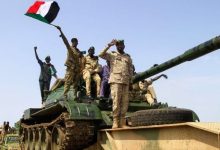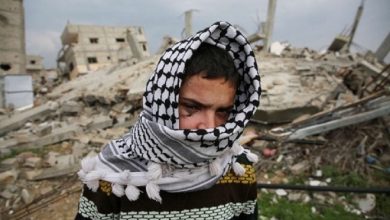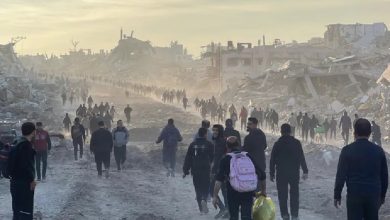Tragedy in El-Fasher: Armed Clashes Displace Over 1.7 Million Amid Growing Humanitarian Crisis
With brutal fighting between Sudan's army and Rapid Support Forces escalating in El-Fasher, the region faces one of the worst humanitarian disasters in recent years.
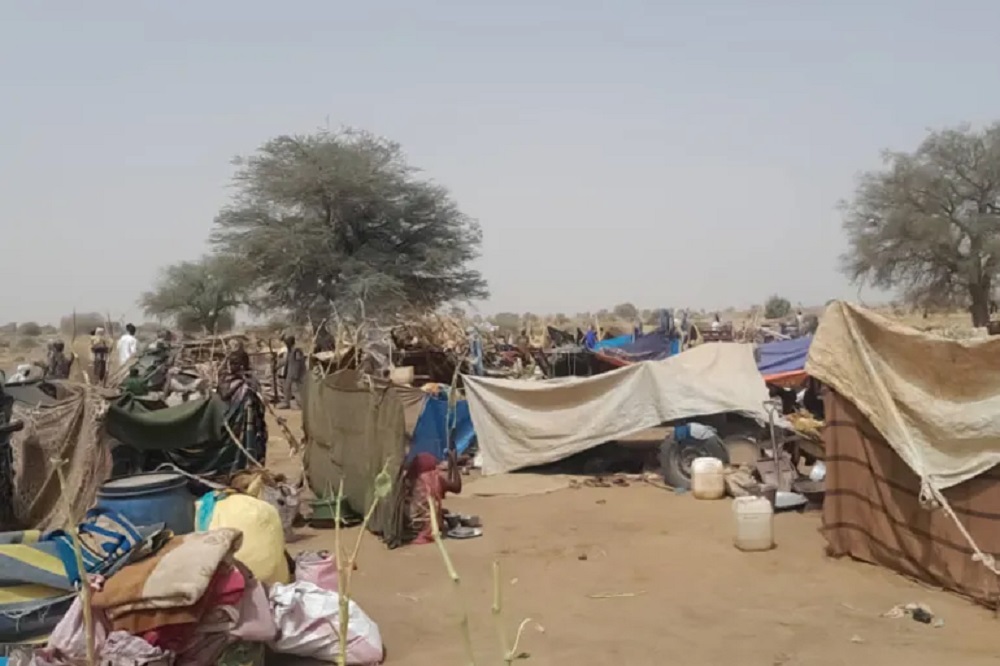
Watan-Armed clashes continue to escalate in the city of El-Fasher in northwestern Sudan and its surrounding areas, as fierce fighting rages between the Sudanese army and its allies on one side, and the Rapid Support Forces (RSF) on the other, exacerbating the dire humanitarian conditions in the region.
Over the past two weeks, more than one million people have fled from the Zamzam camp for displaced persons to El-Fasher city, according to the Humanitarian Aid Commission in North Darfur.
According to the latest report from the government commission, the total number of displaced people in El-Fasher has reached 1.798 million, which translates to around 350,217 families, driven from their homes by repeated RSF attacks on civilians.
Data shows that between April 11 and April 16, 2025, around 103,712 families—about 515,415 individuals—fled from Zamzam camp to El-Fasher, as reported by the camp’s community management and international migration organizations.
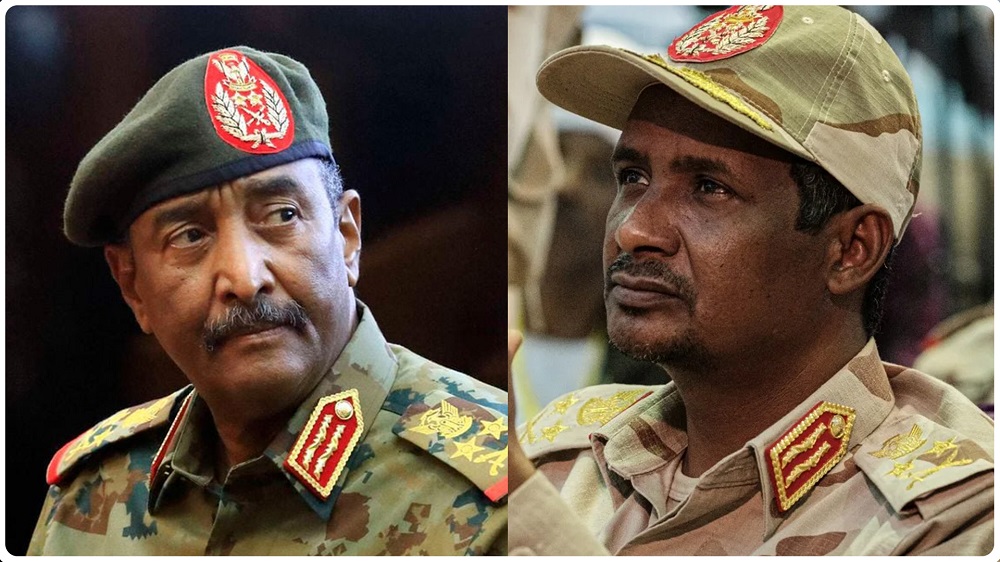
A Humanitarian Catastrophe
Mohammed Khamis Douda, spokesperson for the displaced at Zamzam camp, told Al Jazeera Net that the situation for the displaced in El-Fasher is deteriorating rapidly. He explained that people are suffering from severe shortages in shelter, food, clean drinking water, and medical care.
Many are forced to sleep on the ground under trees, without enough food to stave off hunger. Douda urged the international community to intervene immediately and provide necessary support for the trapped displaced persons.
El-Fasher and Zamzam camp endured months of siege and heavy artillery shelling before RSF forces captured the camp on April 13. The raid significantly worsened conditions for those who fled to El-Fasher, having already lost access to basic necessities.
Douda stated that the camp’s high committee documented 1,500 deaths in the assault on the camp, including many children, women, and the elderly, as well as students from Quranic schools present in the area during the attack.
He described this toll as a major humanitarian tragedy, with many families losing loved ones in moments of terror and destruction. The committee is working on documenting the damage and submitting reports to international bodies to ensure support reaches those affected.
Despite the chaos, the Sudanese army and its allies maintain strong control over strategic locations in historic El-Fasher and surrounding areas, making daily advances across different fronts.
Latest Military Development
On Wednesday, the military media of the Sixth Division announced via Facebook that it had foiled an attempted escape by RSF fighters near the village of Tabeldiya, close to El-Fasher.
The city reportedly witnessed intense fighting resulting in dozens of militia members being killed and three pickup trucks burned, while the rest fled westward.
The operation was carried out in coordination with the armed forces, joint forces, police, intelligence, and popular resistance, aimed at dismantling RSF hideouts.
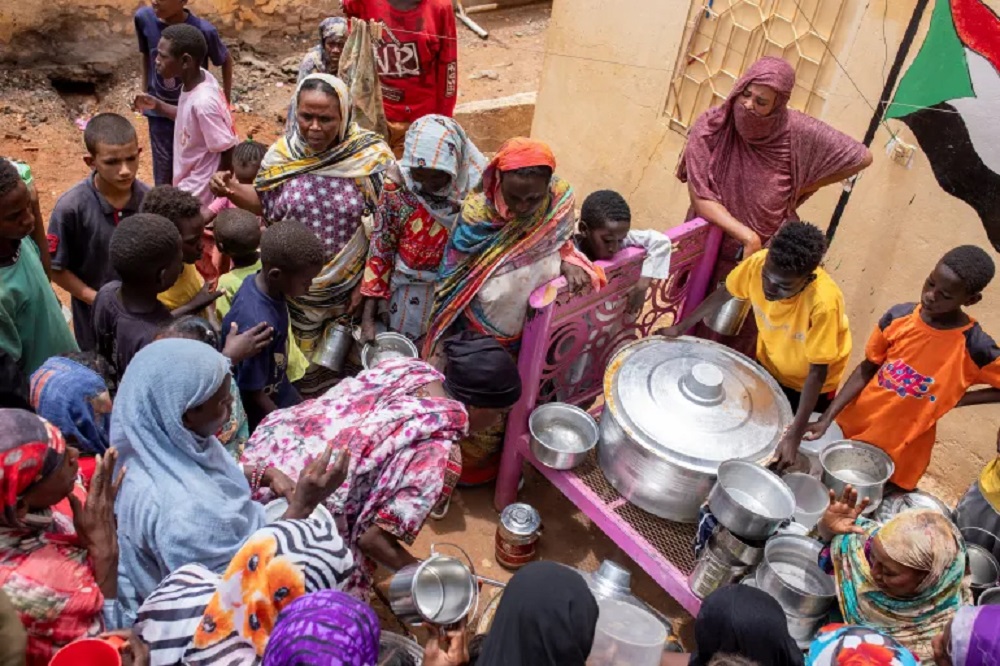
in Sudan
Supply Routes Under Dispute
In related news, Sudan’s Sovereign Council announced Monday that the government had approved a UN request to establish logistical supply bases in the towns of Tawila and Mellit to facilitate humanitarian operations.
This agreement followed a phone call between Sovereign Council head Abdel Fattah al-Burhan and UN Assistant Secretary-General Tom Fletcher. However, Mohammed Khamis Douda expressed reservations about the UN’s proposal.
Speaking to Al Jazeera Net, Douda said the proposed areas—such as Mellit—are under the control of one of the warring parties, the RSF, and operate under RSF-imposed laws, making the proposal unacceptable.
He also noted that Tawila is controlled by the Sudan Liberation Army led by Abdel Wahid al-Nur, accusing these groups of being biased in delivering aid to those in need.
Since the Sudanese army claimed full control of the capital, Khartoum, the war has shifted clearly toward western Sudan—particularly El-Fasher, which has again become a focal point amid deepening security and humanitarian crises. Civilians trapped in the city are now pleading for help from all directions.

